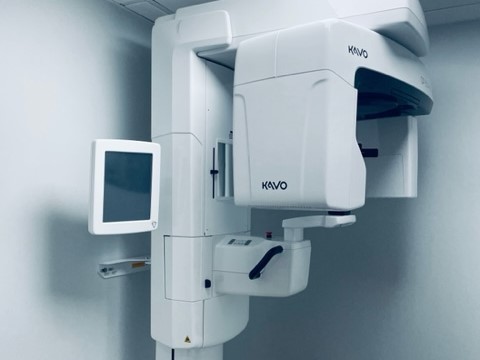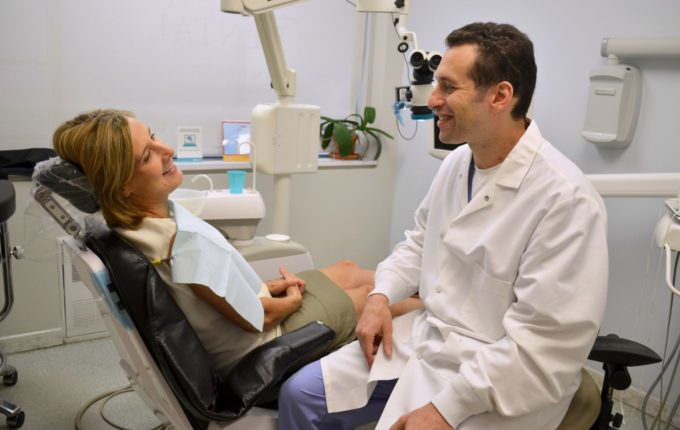What is the Pulp of the Tooth?
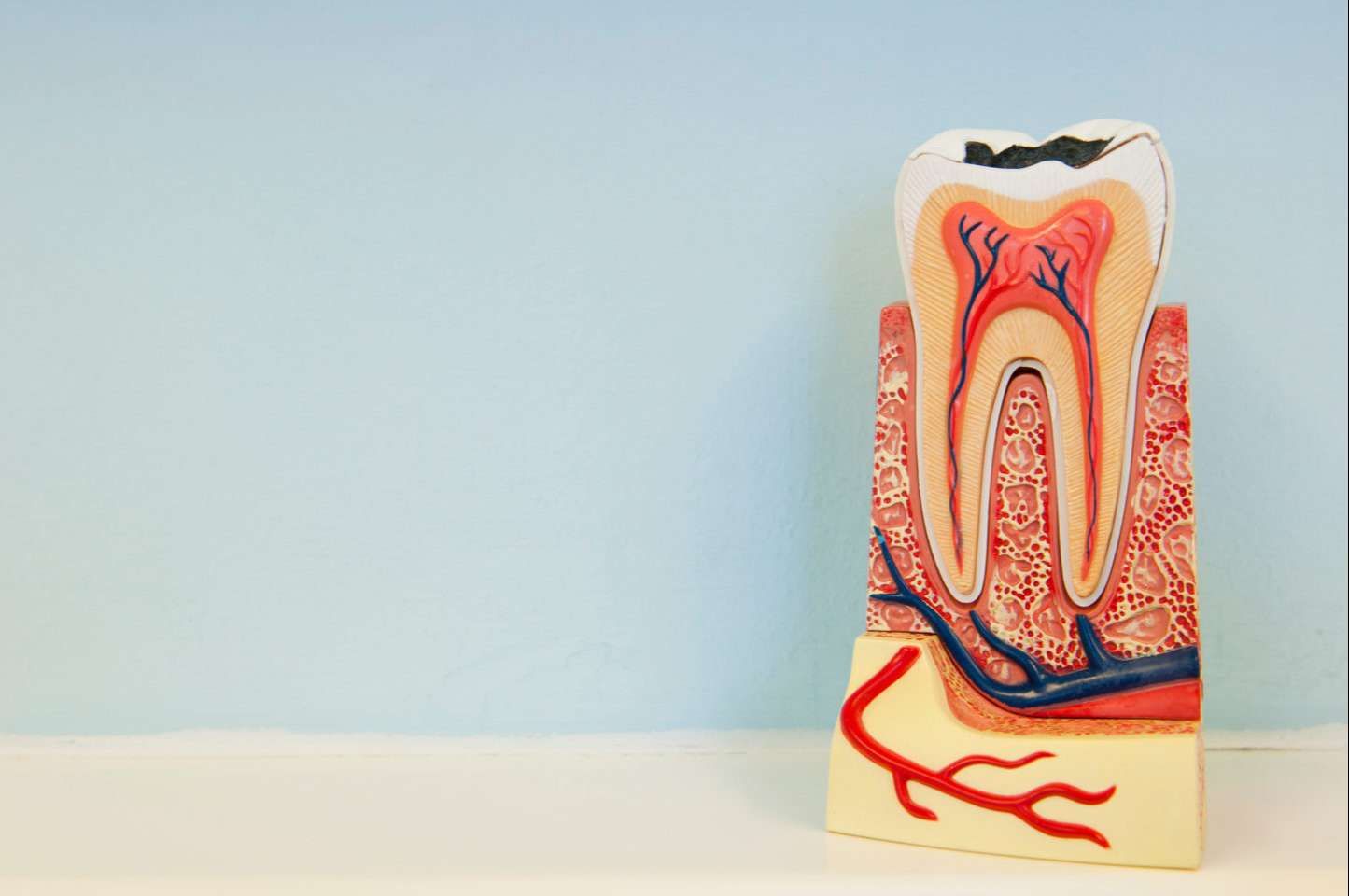
Our teeth have many functions. They bite food and start the digestive process. They tell us if something is too hot or too cold. They allow us to form sounds specific to our speech. They protect us and enhance our appearance. Our teeth are alive; the “heart” of our tooth is the dental pulp.
Composition of the tooth
Enamel
The enamel is a thin, hard (hardest substance in our body) outer layer. It breaks down food and provides protection. It is the esthetic component of our smile.
Dentin
Dentin is the largest part of the tooth composing 60% of tooth structure. It absorbs pressure and supports the enamel. It is softer than the enamel.
Pulp Chamber
The pulp chamber is the defined space lying in the center of the tooth. It contains a gelatinous material known as the pulp. The chamber lies in the crown of the teeth. As the chamber extends down into the roots, it is referred to as the root canals. Depending on the anatomy of the tooth (how many roots) will affect the shape and the number of canals.
Cementum
The cementum is the outer lining of the root of your tooth that covers the dentin.
Composition of the Pulp of the Tooth
The pulp itself is composed of connective tissue, nerves, and blood vessels. The pulp interfaces with the dentin.
Most of the outer part of the pulp that reaches the dentin is composed of columnar cells, called Odontoblasts. These cells produce tubules that run from the outer part of the enamel all the way into the pulp tissue. The next layer is called the cell-free zone, also known as the Zone of Weil
the center of the pulp is called the cell-rich zone. It is composed of fibroblasts and undifferentiated mesenchymal cells.
The apical foramen is the opening at the apex of the root of the tooth, through which the nerve and blood vessels that supply the dental pulp pass. It is the junction of the pulp and the periodontal tissue.
Functions of the Pulp
- Formation of new dentin via the odontoblasts. This is the most important function of the pulp
- Nutrition of the dentin
- Innervation of the tooth, feeling.
- Acts as a defensive mechanism as to what is entering our mouths
- Allows tooth “to be alive” and not dry out and crumble
Diseases of the Pulp
Pulpitis
Reversible Pulpitis
This is an inflammatory response usually due to caries or trauma with very little treatment (filling, occlusal adjustment, ibuprofen) it will get better by itself. While the pulp is inflamed it will be hyper-sensitive to outside stimuli like heat, cold, and pressure.
Irreversible Pulpitis
The inflammation of the pulp tissue worsens and becomes infected by an invasion of bacteria. This stems from deep decay in the tooth, severe fractures or cracks, trauma and periodontal disease. The sanctity of the Pulp chamber has been violated. The organic tissue held in the chamber
will die (necrosis). This process leads to pus and gas formation causing swelling and discomfort in the tooth and surrounding gingival area. At this point, the root canal specialist (endodontist) must make a decision to treat the tooth with Root Canal Therapy or have it extracted.
Dental Pulp Calcification
Pulp stones appear in the organic tissue prohibiting proper nutrients from reaching the cells of the pulp. This problem is solved with Root Canal Therapy.
Pulp Exposure
If decay, a crack or a dental instrument invades the pulp chamber the tissue will die. Root canal therapy will save the tooth and prevent any discomfort from occurring.
Prevention of Pulp Disease
- Home care-brushing twice a day with a soft bristle brush for two minutes
- Flossing at least once a day before bedtime
- Using a soft non-abrasive fluoride toothpaste
- Diet very low in sugar
- Visiting your dentist 2x/year for check-ups and cleanings
When the pulp of the tooth gets sick and you have a toothache, you need a dental specialist who is experienced and trained to perform root canal therapy at the highest level. Dr. Steven Lipner the founder of Midtown Endodontist NYC is a brilliant caring doctor who uses a cutting-edge microscope to ensure wonderful outcomes for his patients. In his gifted hands, you will experience a treatment that is precise, pleasant, and perfect. Midtown Endodontist NYC is here when you need us.
Schedule an Appointment for Your Next Service at Midtown Endodontist NYC Today
BOOK AN APPOINTMENT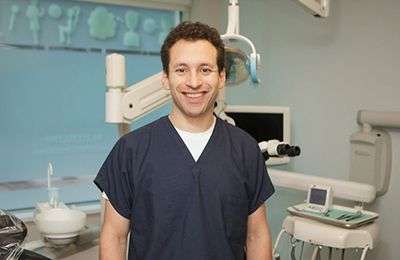 Our Providers
Our Providers
 Blog
Blog
 Contact us
Contact us
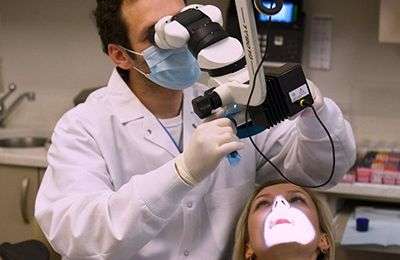 Endodontics
Endodontics
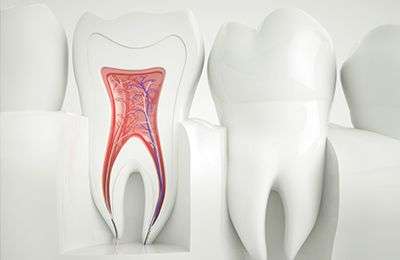 Root Canal Treatment
Root Canal Treatment
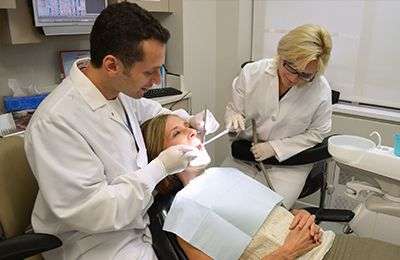 Emergency Root Canal
Emergency Root Canal
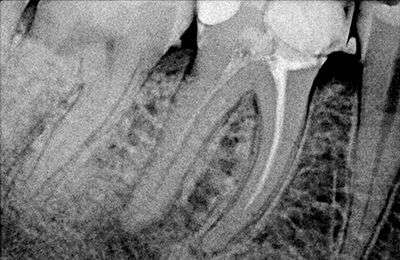 Root Canal Retreatment
Root Canal Retreatment
 Complimentary Teeth Whitening
Complimentary Teeth Whitening
 Teeth Whitening
Teeth Whitening
